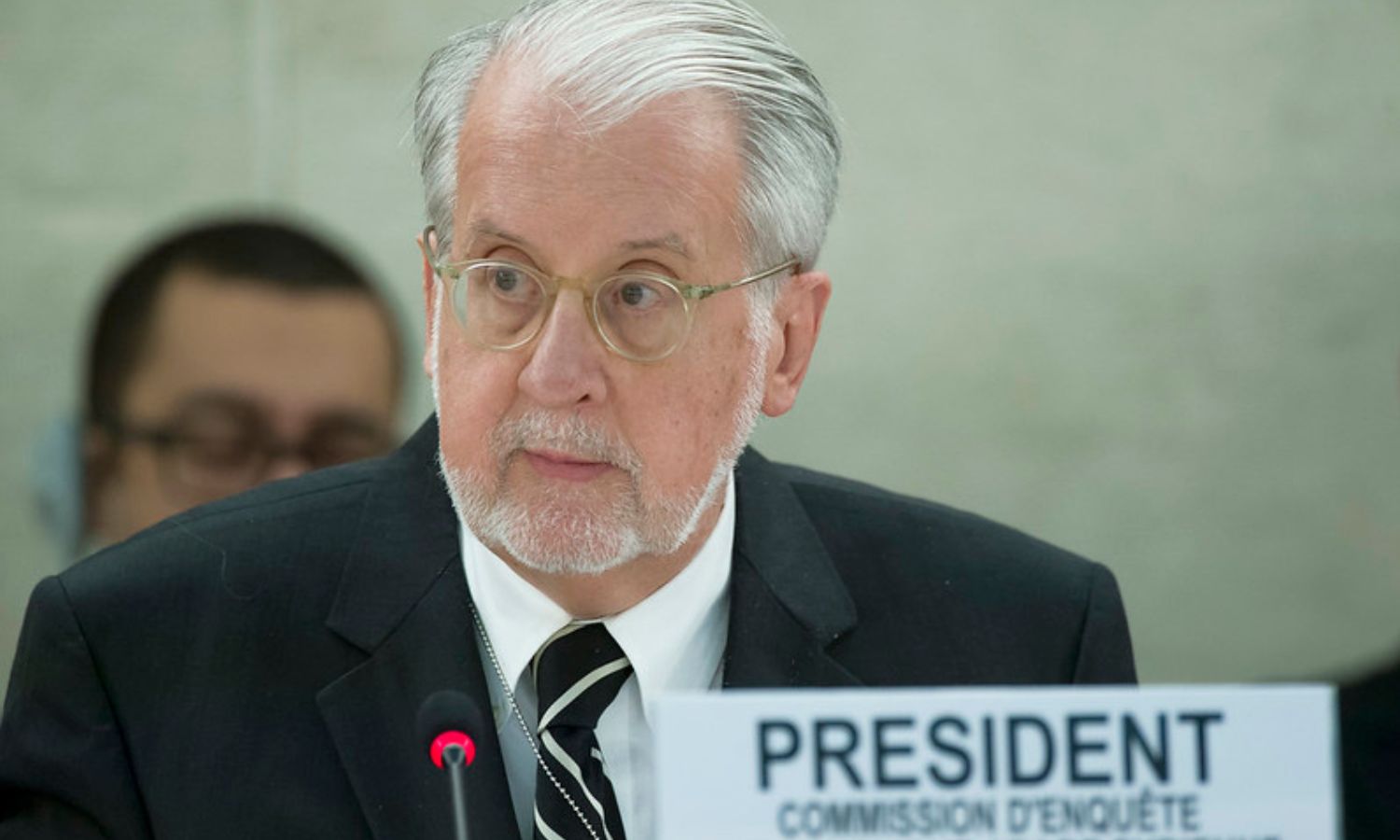In a comprehensive report released on March 11, 2024, by the United Nations Syria Commission of Inquiry, the dire situation in Syria has reached levels of violence not witnessed since 2020. The Commission’s findings highlight an urgent need for a ceasefire, as intensified conflicts across Syria have resulted in civilian and infrastructure attacks, likely constituting war crimes.
Paulo Pinheiro, Chair of the Commission, emphasized the critical state of the Syrian conflict, which has escalated significantly since October, marking the largest surge in violence the region has seen in four years. Pinheiro stressed the immediate necessity for a determined international effort to contain the conflict and called for a ceasefire.
President Assad Leads Discussion on Enhancing Small Business Sector
The report details the devastating effects of the conflict on the Syrian population, with more than 90% living in poverty amid an economy in freefall, exacerbated by tightening sanctions and increased lawlessness. The violence has led to predatory practices and extortion by armed forces and militias.
A significant incident triggering the recent upsurge was a series of explosions at a military academy graduation ceremony in Homs on October 5th, killing at least 63 people, including 37 civilians. The Syrian Government and Russian forces responded with heavy bombardments across opposition-controlled areas, indiscriminately attacking hospitals, schools, markets, and camps for internally displaced persons, actions that may amount to war crimes.
The conflict has also seen a worrying increase in tensions between the six foreign armies active in Syria, with Israel, Iran, and the US notably involved. Israel has conducted numerous strikes on Iran-linked sites, while pro-Iranian militias have launched attacks on US bases. In northeast Syria, Turkish military operations against Kurdish-led Syrian Democratic Forces have resulted in civilian casualties and deprived nearly one million people of essential services, in actions that may also constitute war crimes.
Furthermore, the Islamic State of Iraq and the Levant (ISIL) has intensified operations in central Syria, targeting both military and civilian sites. The report also addresses the ongoing issue of detainees, with the Syrian Government continuing practices of disappearance, torture, and ill-treatment, highlighting the dire conditions in detention facilities such as the infamous Sednaya prison.
In Idleb, Hayat Tahrir el Sham (HTS) has continued acts of torture, ill-treatment, and unlawful deprivation of liberty. The situation for women’s rights organizations in these areas has become increasingly precarious due to threats and bureaucratic impediments.
The report also sheds light on the plight of almost 30,000 children, many of whom are detained in camps, prisons, or rehabilitation centers in northeast Syria. These children, victimized during ISIL’s rule, continue to suffer from human rights violations and abuses. Commissioner Lynn Welchman called for immediate action to allow these children to return home and integrate into society.
The humanitarian crisis in Syria has reached an unprecedented scale, with 16.7 million people inside the country requiring assistance. A severe shortfall in donor funds has led to the suspension of regular food aid, placing millions at risk of hunger. The Commission will present its findings to the UN Human Rights Council on March 18, hoping to galvanize international action to address the crisis and hold those responsible for atrocities accountable.
This article was translated and edited by The Syrian Observer. The Syrian Observer has not verified the content of this story. Responsibility for the information and views set out in this article lies entirely with the author.


